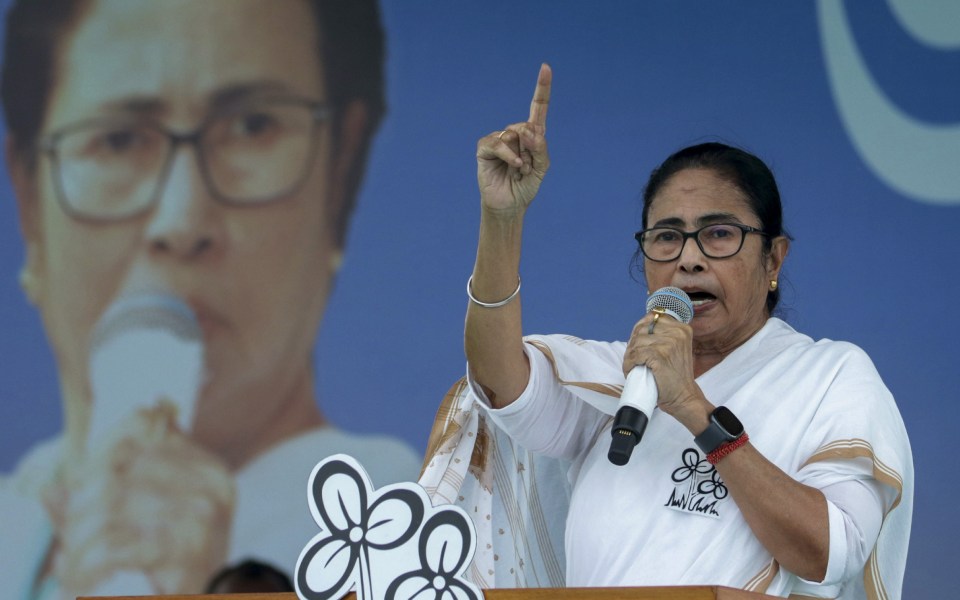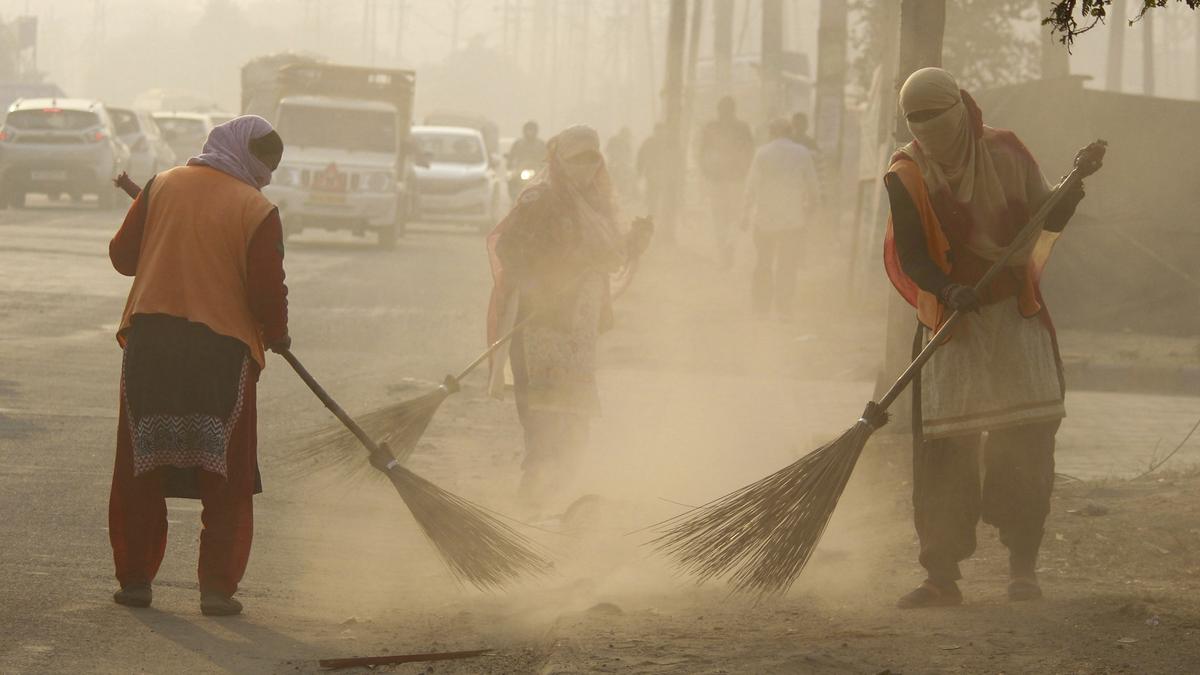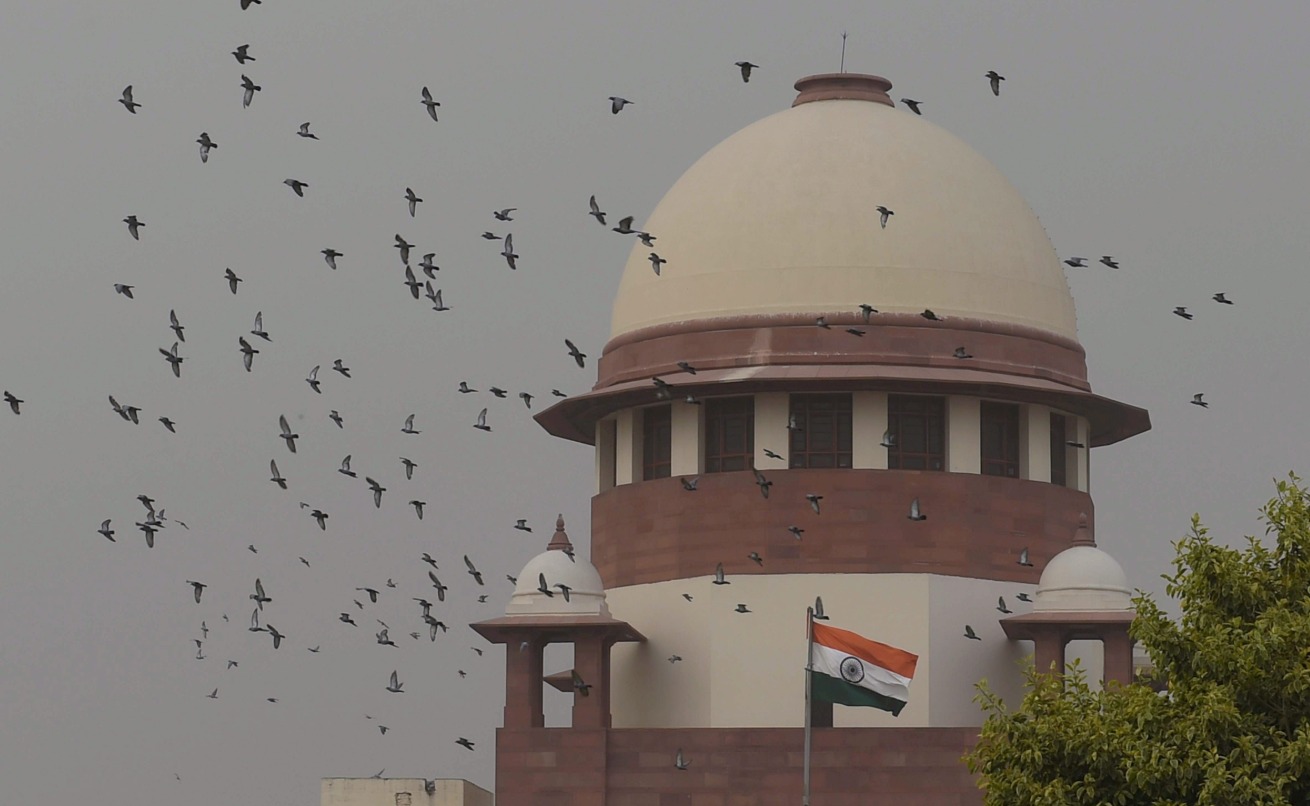Patna, Jun 22: West Bengal Chief Minister Mamata Banerjee on Thursday expressed confidence that opposition parties will fight like a family and take on the BJP "one to one".
The TMC chief, however, parried questions on her reservations about the Congress's alliance with the Left in her state and the Aam Aadmi Party threatening a "walkout" if support was not forthcoming on the ordinance of control of services in Delhi.
"I cannot say what will happen at tomorrow's meeting. But I am certain we are all here to fight the BJP together, like a family, one to one," she told reporters.
She was speaking outside the residence of Bihar Deputy CM Tejashwi Yadav, where she met his father and RJD president Lalu Prasad and former Chief Minister Rabri Devi.
"I have great respect for Lalu-ji. The poor man was sent to jail and had to spend a lot of time in the hospital," said Banerjee.
She also surprised all by sharing a humorous anecdote involving the RJD chief.
"Once, when both Lalu ji and I were MPs, he was stating on the floor of Parliament that prices of all vegetables, potatoes, onions, were rising. I got up and asked what about the price of rabri (a sweet)," said Banerjee, her pun on the veteran leader's wife's name evoking peals of laughter.
"Lalu-ji replied, rabri is the most precious," she recalled with admiration for the RJD supremo's legendary wit writ large on her face.
Banerjee said she was happy to meet Prasad.
"He looks strong enough to take on the BJP," said the West Bengal CM who drove straight to meet the RJD leaders upon setting foot in Patna.
She was accompanied by her nephew Abhishek Banerjee, an MP, and West Bengal minister Firhad Hakim.
Let the Truth be known. If you read VB and like VB, please be a VB Supporter and Help us deliver the Truth to one and all.
Chikkamagaluru: Around 150 families from the Shillekytha fishing community (Scheduled Caste) in Menasuru Ravuru Camp, located near the backwaters of the Bhadra River in NR Pura Taluk, have reportedly been living without a burial ground for nearly two decades.
As a result, they are forced to bury their dead in an islet located a few kilometers away, often using traditional coracles to transport the bodies for the last rites, as reported by The New Indian Express on Friday.
One community member shared the struggles they face, particularly during the monsoon season. “We find water as we start digging a pit. We cover the pit with leaves to prevent water from seeping in before burying the body there,” TNIE quoted him as saying.
During summer months, when the Bhadra backwaters recede, the community members resort to burying bodies along the shore. However, even these temporary solutions come with their own challenges. In some cases, families have had to reuse burial spots where previous bodies were laid to rest.
Repeated appeals to local authorities, including the gram panchayat, taluk administration, local MLA, and other elected representatives, for a burial ground, housing, electricity, and other basic amenities have reportedly gone unanswered.
Meanwhile, a local leader stated that the members of the Shillekytha fishing community are nomads, frequently moving from place to place. He added that this nomadic lifestyle is the reason why the community has been deprived of basic amenities, including access to a burial ground and essential services.




_vb_02.jpeg)